
OR
Muluki Codes drafting influenced by donors, INGOs: Experts
Published On: September 2, 2018 05:00 AM NPT By: Sunil Sapkota
KATHMANDU, Sept 2: When a full court meeting was underway at the Supreme Court on December 3, 2008, the justices opened a letter dispatched from the Ministry of Law mentioning two separate taskforces—one headed by Justice Khil Raj Regmi and the other by Justice Kalyan Shrestha --for revising the country’s civil and criminal codes respectively.
One of justices attending the full court objected, saying sitting justices should not be involved in drafting laws. The justice argued that the involvement of justices in drafting law would be against the spirit of the Constitution.
Medical professionals and a section of retired justices have been protesting against five of the new laws after the new codes came into effect from mid-August.
“Article 106 of the Constitution states that the Chief Justice or Judges of the Supreme Court shall not be engaged in or deputed to any other assignment except that of a Judge. So, they are not allowed to involved themselves in any work other than research related to the law and probing into incidents of public importance,” said Balram KC, one of the apex court justices who had been at the full court. Asked why the new law was courting controversy, he said, “Since law making falls under the jurisdiction of parliament, involving justices in drafting law will be tantamount to encroachment upon parliament’s responsibilities.”
Arguing that the involvement of justices in the law formulation process violates the court’s code of conduct, retired justice KC said judgments would be influenced when justices who drafted the laws are looking into cases and the laws invoked run counter to the Constitution.
“The judicial council should have rejected the controversial drafts that were prepared in breach of the spirit of the Constitution,” said KC adding, “It’s a serious violation of the Constitution. Assigning justices to draft the law constitutes conflict of interest and is an insult to parliament.”
The new code criminalizes mistakes in the medical treatment administered by doctors, and bars journalists from taking pictures of public officials without their prior consent or publishing critical cartoons against high authorities. Former justice KC objected to the provisions curtailing the freedom of expression.
“Influenced by donors and I/NGOs, the law has tried to treat doctors as if they are truck drivers. Doctors never deliberately cause the death of patients. National prestige and integrity get compromised when laws are influenced by donors and INGOs,” he said.
Supporting KC’s views, senior advocate Bhimarjun Acharya said the involvement of justices in drafting laws and that too under the influence of donors undermines judicial independence and justice delivery. “The state must be serious while accepting foreign aid. Law enforcing agencies could become more loyal toward donors than faithful in performing their duties,” said Acharya.
Former law secretary Mohan Banjade also objected to the assigning of justices to draft the law. “Justices are not experts in drafting law. Secondly, the state should not accept foreign aid for the drafting of laws, policies and curriculum,” he said .
Banjade complained that laws whose drafting was funded by donors are swiftly endorsed by parliament whereas laws drafted by the Law Ministry take time to get their endorsement.
“As the donors invest in the law-making process in order to impose their agenda, they also press for timely endorsement. But it takes time to endorse laws drafted through the regular process.”
Constitutional expert Bipin Adhikari, however, said it does not matter even if justices are involved in the law drafting process. “Justices can involve themselves in law drafting in their capacity as legal experts,” he said.
Adhikari argued that the government can accept foreign aid for drafting laws but when it comes to agenda the government should focus on its own agenda. “It was essential to revise the legal codes. It’s good. But it should be asked whether the drafters of the law focused on our agenda or on someone else’s,” said Adhikari.
Informed sources said UNDP Nepal and JICA Nepal had funded the revision of the codes. JICA had welcomed the new codes on August 17, the day they came into operation.
JICA had formed an advisory committee in 2009 for revising the codes. Justice Shrestha, who led the task of revising the criminal code, had thanked the UN’s Access to Justice Project for supporting the code revision. UNDP has acknowledged the revision as one of its greatest achievement.
Senior advocate Badri Bahadur Karki, then law secretary Madhav Poudel, Nepal Law Commission Secretary Mohan Banjade, former home secretary Govinda Kusum, then PMO secretary Trilochan Uprety, apex court registrar Ram Krishna Timilsina and AIG Kalyan Timsina among others were members of the Shrestha committee.
Similarly, Nepal Law Commission Vice-chairperson Hari Prasad Neupane, then law secretary Madhav Poudel, former registrar Timilsina, senior advocate Shyam Prasad Kharel, Nepal Bar Association representative Ramnath Mainali and Lila Devi Gadtaula were members of the Regmi committee.
You May Like This

Outgoing tourism secy urges his successor not to get influenced by external forces
KATHMANDU, Jan 30: Outgoing tourism secretary Maheshwar Neupane, who has recently been transferred to Public Procurement Monitoring Office (PPMO), has requested... Read More...

Corneal transplant patients thank donors
KATHMANDU, Jan 1: For Kailash Thakur, life was hard and not much bright until he got eye sight through a... Read More...

DDC seeks answers from INGO on aborted training
GORKHA, Dec 10: Gorkha District Development Committee (DDC) has sought clarifications from the World Vision International for allegedly providing false information... Read More...
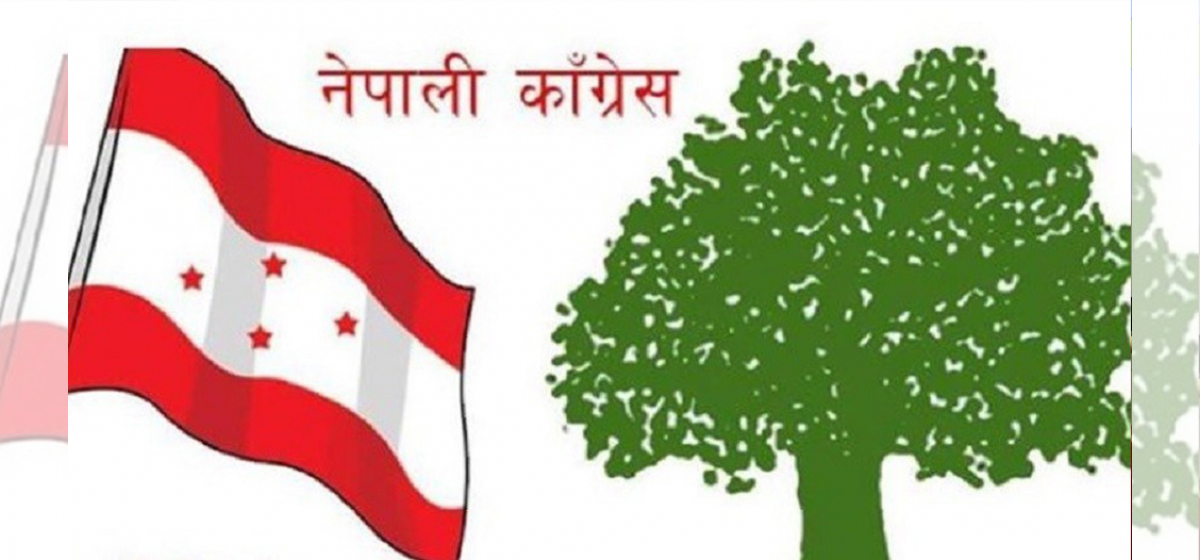

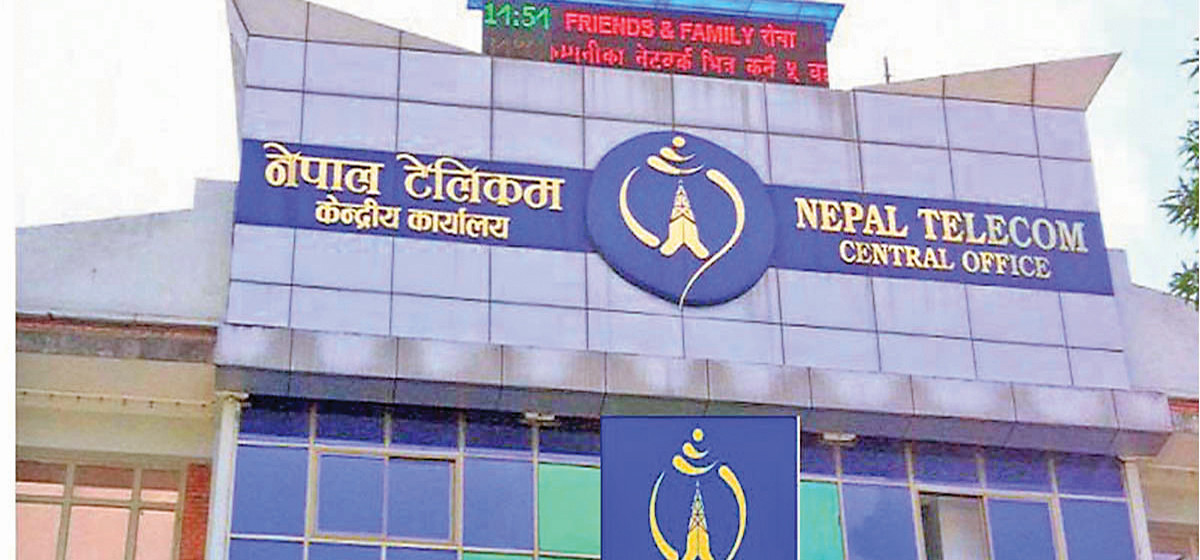
_20240510173253.jpeg)
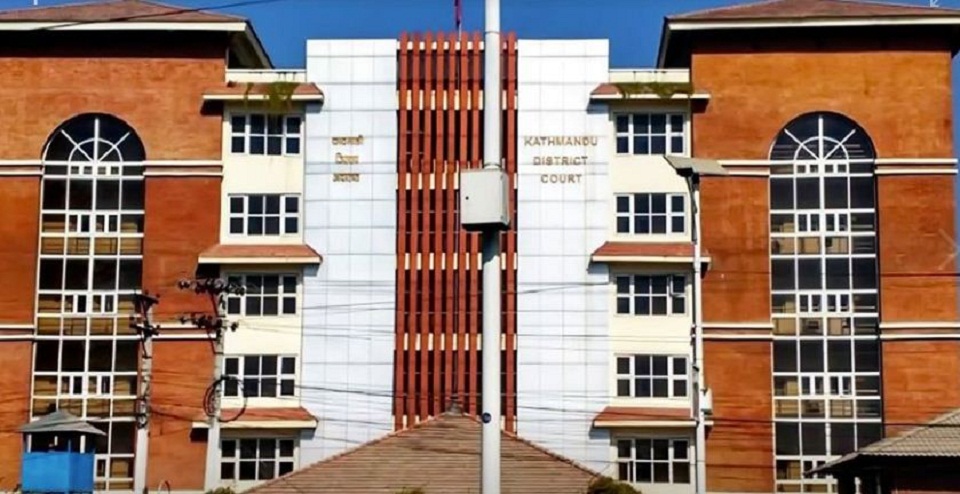
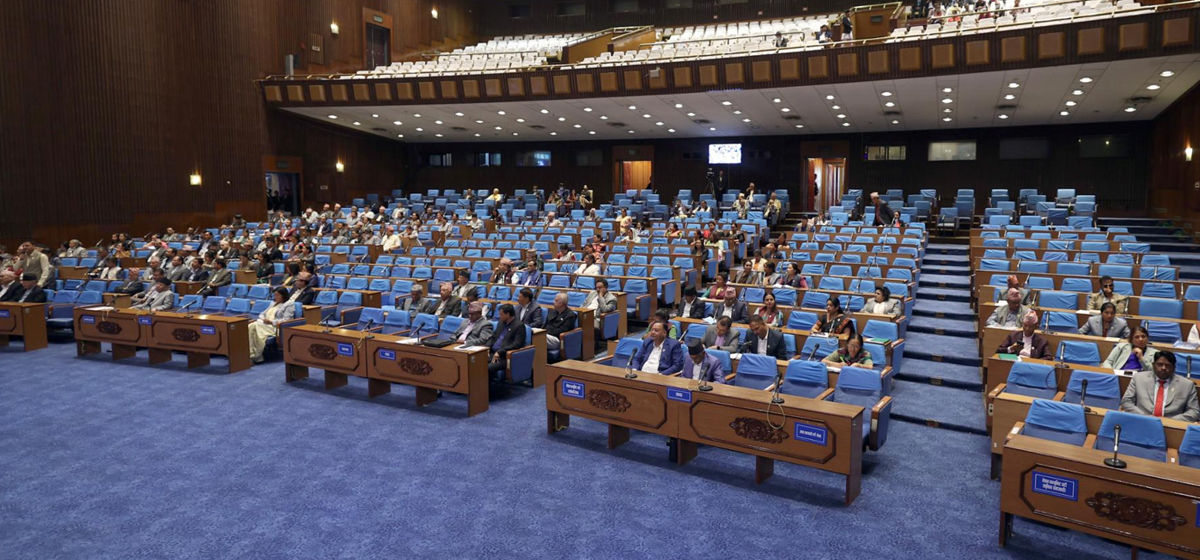
Just In
- Kathmandu to face power outages in selected areas for distribution line upgrades
- NTC pays Rs 20 billion to renew license
- India lays foundation stone to build High Impact Community Development Project in Baitadi
- Bal Mandir land dispute: Arrest warrants issued against some individuals are already deceased
- HoR meeting adjourned for 15 minutes
- FNCCI President Dhakal receives ‘Corporate Excellence Award’
- 16 RCC bridges built on Khululu-Salisalla section of Karnali corridor
- Budget session for next FY underway in federal parliament (Live)



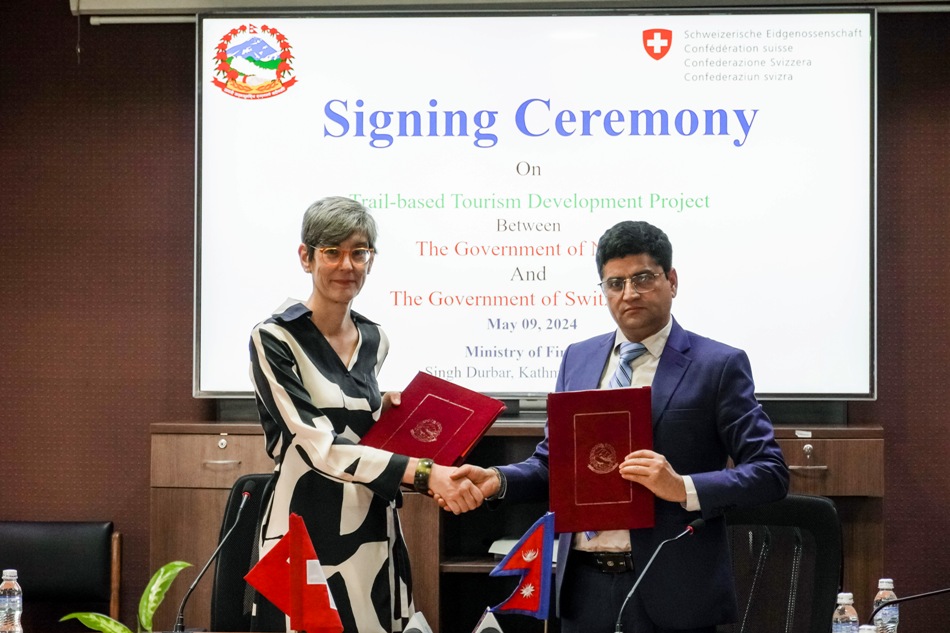

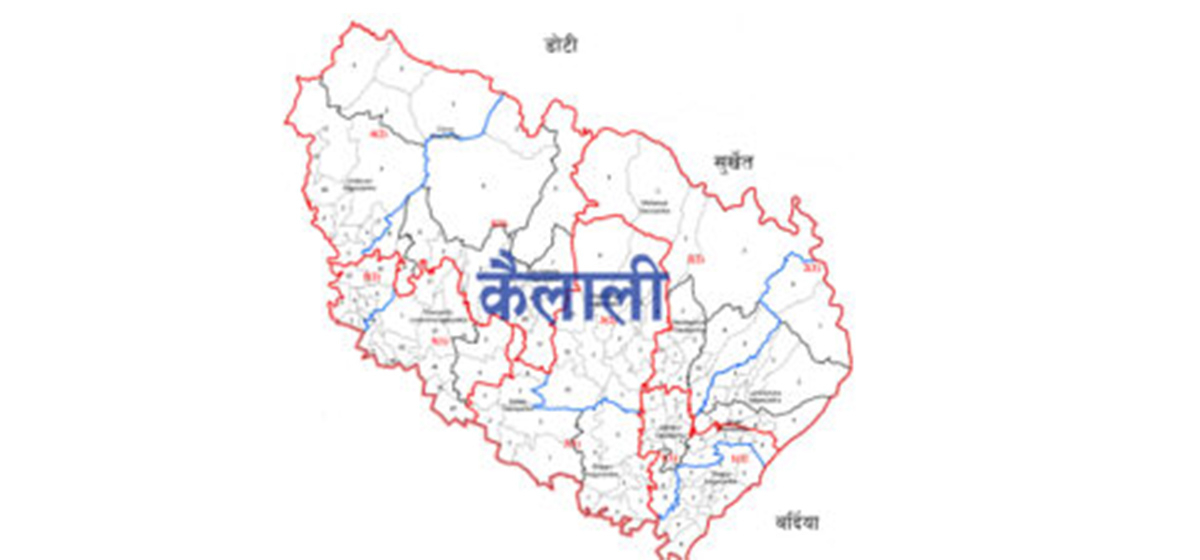


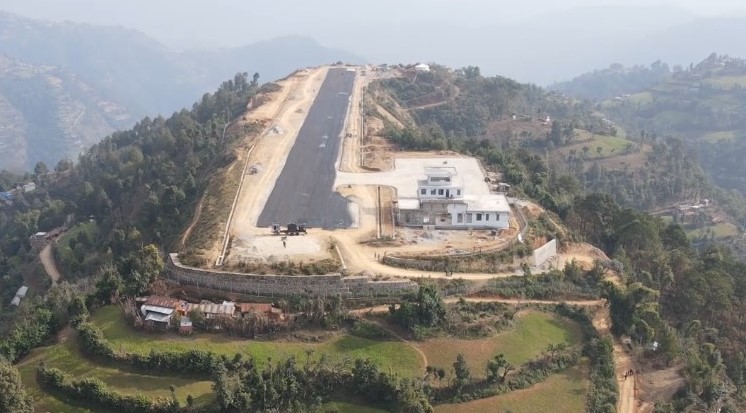

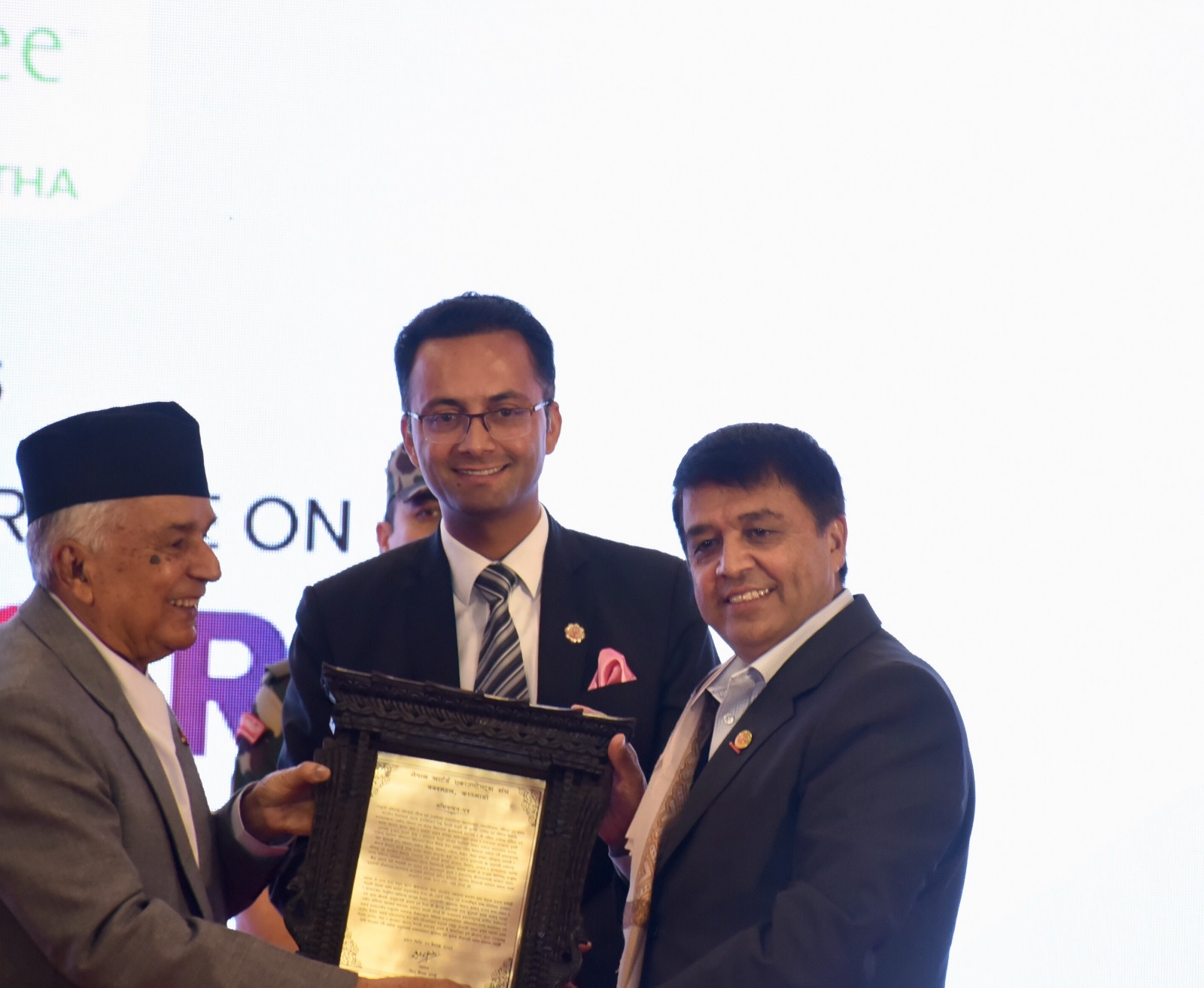

Leave A Comment